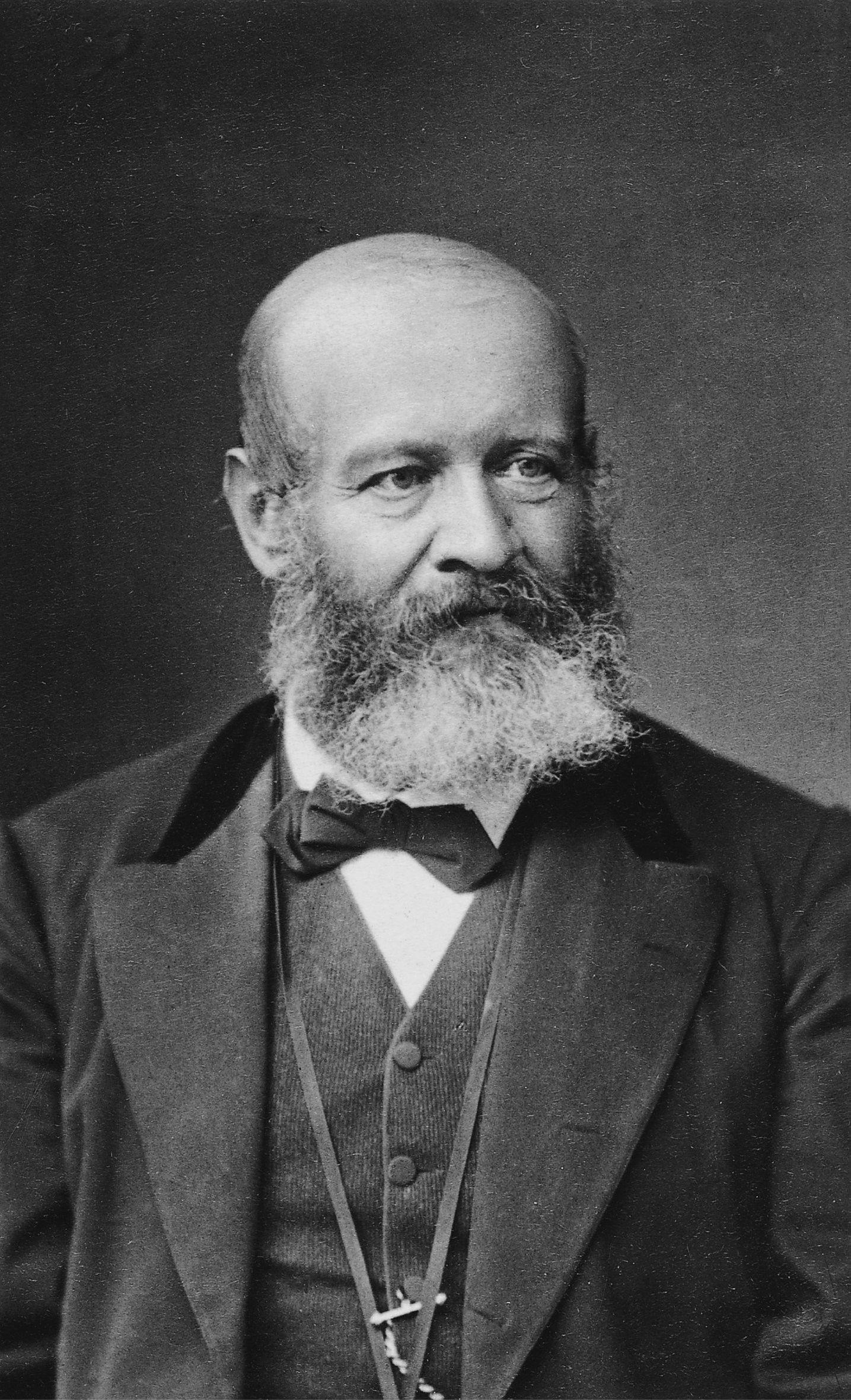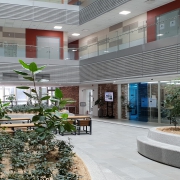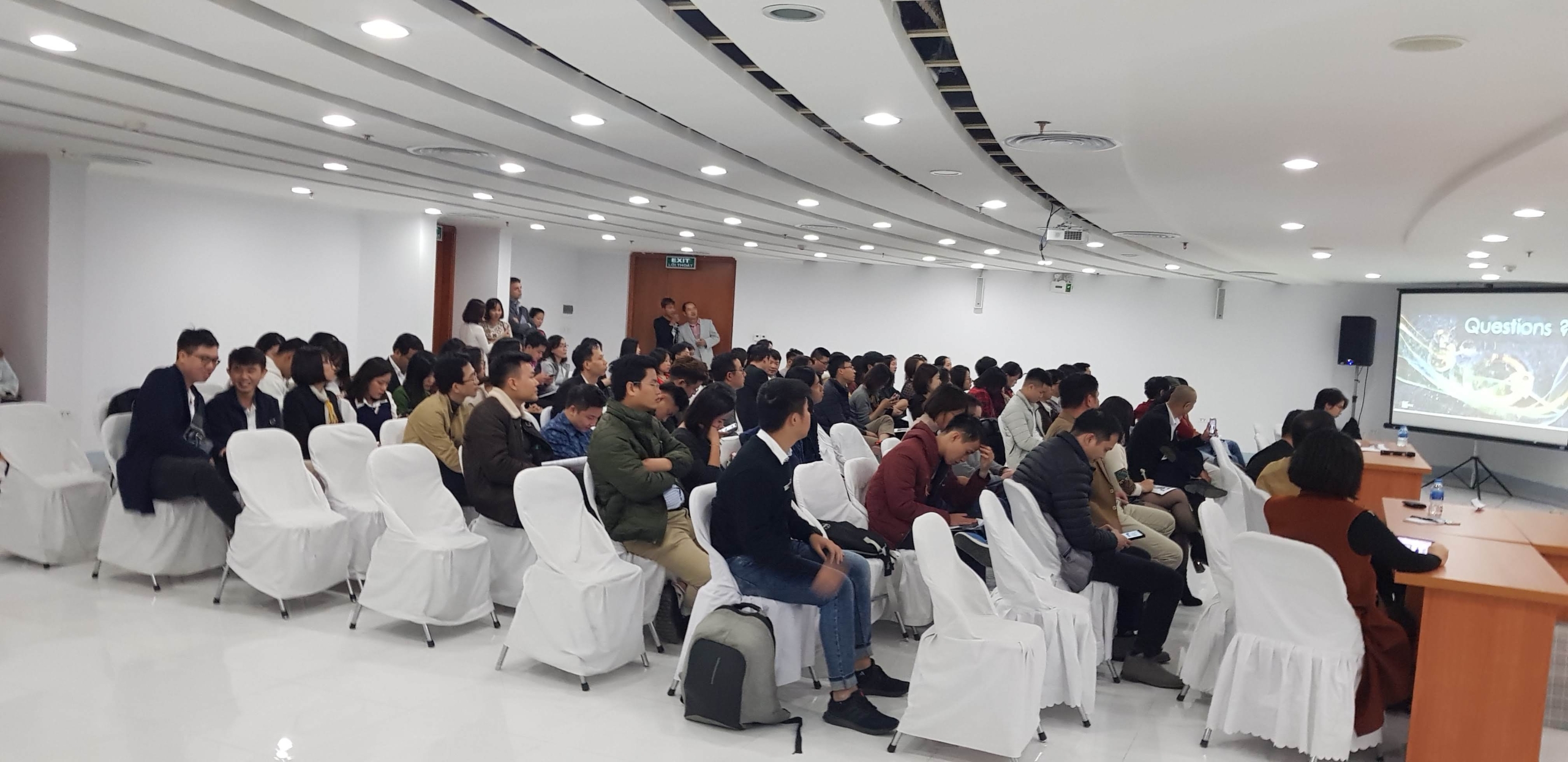Disruptive startups made in Switzerland

In March 2017, four startup teams graduated from the first accelerator program provided by Society3 in Switzerland. Each of the four teams worked in a Silicon Valley style program focusing on becoming the best in their category and eventually conquer global markets. Some of the teams already secured funding, others wait to gain more traction before they raise their first round.
In summer 2016, 68 teams applied for the program. After a free pitch training, they presented their story and eventually six teams have been selected to join the program. After the first week, two of the six teams did not make it to the next level. The remaining four teams went through a program of relentless execution. The focus was on solidifying their vision, create a disruptive business model, compile a zero budget go-to-market strategy, generate market traction and revenue and develop a long term capitalization strategy for their company.
Disruptive business models have shown time and time again to be the essential competitive weapon. More important than technology is the way business is conducted and customers are treated, serviced and supported after the sale. Transparent pricing models and superior processes typically beat any technology leadership as seen with Facebook/MySpace, Tesla/any other e-car, Google/Yahoo, Microsoft/Digital Research, and countless others.
The four Swiss startups all developed a level of disruption that will force any of their competitors to react to their offering one way or the other.
Artiazza
An art platform disrupting the art business by giving artists for the first time a way to participate in the value development of their art. Paintings, sculptures, or photographs sold on Artiazza have a unique identifier and can any time be resold by their own. If the owner can sell the art for more than the initial price, the artist gets a cut of the uptick. If the art gets sold again for more, the artist again gets a piece of the increase in value, no matter how often a painting, photo or sculpture changes hands. Artists will obviously prefer Artiazza over any other model as it is the first and only having the artist participate in the value development of their art.
Connexa
A online group and community platform for businesses and special interest groups. Unlike any available platform today that simply sells their platform for a license fee, the Connexa team developed monetization options for their platform to solve the budget problem most community managers have. Now rather than charging a license fee, they participate in the monetization and provide the community system for free. While there are millions of free online groups and communities out there, a community manager will rather use a free system that provides added values and allows them to monetize the system than invest in an online community which can easily run into six and seven figure license deals.
Sonect
Building virtual ATMs allowing anybody to get cash from theoretically everybody else. The disruptive business model will replace any conventional ATM. Instead of carrying the high cost of “cash-recycling”, banks can now let cash easily flown through the market without a physical hub and participates on the virtual transactions. Shops will be their first target customers, where the shop can offer cash any time to anybody and reduce their own cost of bringing lots of physical cash to the bank every day. Unlike the “cash-back” in the US and other countries, the virtual ATM solution is independent of a purchase and independent of the business that runs the virtual ATM.
Yamo
Providing the freshest baby food possible. Their disruptive business model will allow them to compete with even the largest baby food enterprises by going with their “fab-less production model”. Yamo, very much like the modern fab-less semiconductor industry can scale nearly infinite without any capital expenditure. The business model pushes the envelope of speed like never before imaginable. Baby food can now get even fresher than homemade. Baby food producer will sooner or later respond to the Yamo Business Model regardless of already spent billions in production equipment.
Axel Schultze, founder and CEO of Society3, and a serial entrepreneur who lived close to 20 years in Silicon Valley, explains: “While Society3 is an award-winning accelerator with a well thought out training camp, the key of our program and growing ecosystem is the way we think and the mindset we induce in our startups. it isn’t the technique to do something in certain ways – it is the mindset in which things get done. Startups find a space of open minded people who don’t argue why things may not work but wonder how the impossible may get done. Creating and transforming great ideas into market leading businesses through relentless execution, is only the result of such a mindset.”
The Society3 Accelerator is conducted in the Lucerne Technopark (D4). The next program is scheduled to start October 23, 2017 and startup/ scaleup teams can apply at https://society3.com/accelerator. The onboarding process will start with an introductory meeting for all applicants on August 31. Applicants get invited to a free pitch training on Oct 12 and the final acceptance will be made based on a pitch competition on Oct 17.
The accelerator is focusing on SecureTech, AutoTech, AI, Fin-Tech, Transport-Tech, LogisticsTech, FoodTech, IOT, ICT, Energy, and other society relevant innovations.





Leave a Reply
Want to join the discussion?Feel free to contribute!